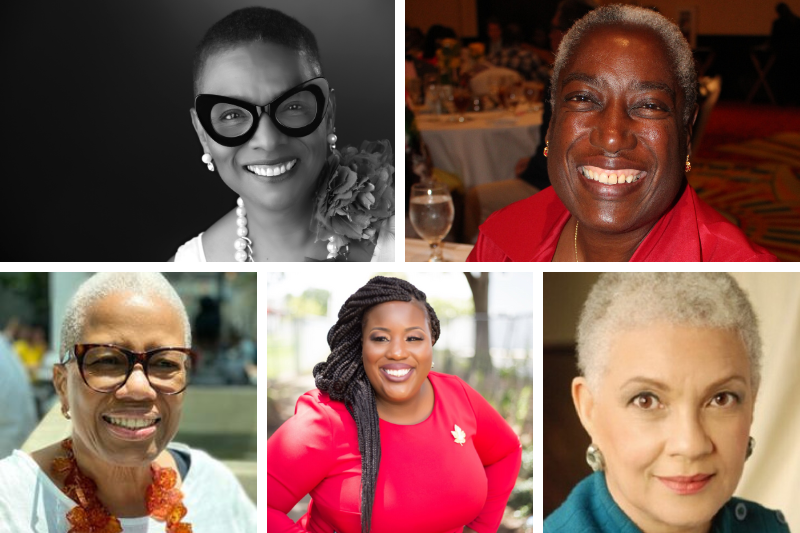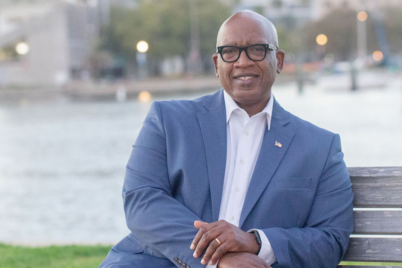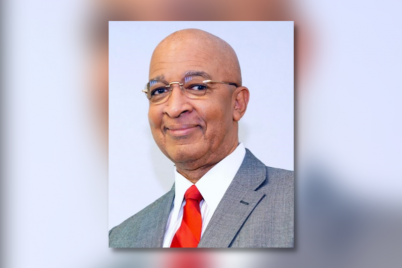Gwendolyn Reese, president of the AAHA, Bridgette Heller, founder and CEO of the Shirley Proctor Fuller Foundation, Dr. Evelyn Newman-Phillips, chair of the Anthropology Department at Central Connecticut State University, State Rep. Michele Rayner Goolsby, Author Pia Jordan
BY FRANK DROUZAS, Staff Writer
ST. PETERSBURG — This month’s installment of Community Conversations — a partnership between the African American Heritage Association and Tombolo Books — held a virtual roundtable to discuss the Individual Freedom Act, commonly known as the Stop WOKE Act.
Gwendolyn Reese, president of the AAHA, said the focus of the discussion would be on how the community should respond the Stop WOKE Act. She noted that nearly three decades ago, Florida lawmakers introduced a bill to the state legislature that required public school students to be taught the history of African Americans, “including slavery, abolition and the contributions of Blacks to society.” The bill passed into law, but little was done to implement it, Reese said.
As Gov. Ron DeSantis also banned AP African American Studies course, this action not only whitewashes history, Reese explained, “but it tramples a state law that has guided our state into the 21st century.”
“Once, it was unlawful for enslaved people to learn,” Reese pointed out. “Now it is unlawful to learn about enslaved people.”
Bridgette Heller, founder and CEO of the Shirley Proctor Fuller Foundation, believes the Stop WOKE Act is a disservice to all children in our society. Topics such as slavery and oppression are uncomfortable, and because they’re uncomfortable topics, the best place to learn and to speak about them “happens to be among a group of other people who are learning about these topics together and can explore all aspects,” she said.
“We need for all of our children to learn the truth of history so that we don’t repeat the history and try to erase a people,” Heller stressed.
Dr. Evelyn Newman-Phillips, professor and chair of the Anthropology Department at Central Connecticut State University, said that as an anthropologist, she is very disturbed that someone would decide that it is unimportant to understand history and context.
“Because in order to understand the world you live in, you have to understand the context in which things emerge,” she said.
Heller noted that through the SPFF, she is aiming to bring the community together around educating its children.
“This country needs our children — all of our children — and especially the Black and Brown children who will soon be a majority of the workforce in this country,” she said.
Through the SPFF education programs, Heller said they want to make sure Black children are taught their histories so they can have a sense of self-identity and self-esteem, “so that they know they come from kings and queens, and so they know they can do anything.”
State Rep. Michele Rayner Goolsby stated bluntly that laws such as Stop WOKE are rooted in white supremacy.
“It’s based in a way to divide folks; it’s based in a place of fear,” she said, like HB 999, which targets equity, inclusion, or diversity in colleges.
Phillips said the Black community should respond to Stop WOKE because “we too are citizens” and pay taxes, but first and foremost, the community’s responsibility is to the children.
“You can see the impact desegregation had on our children because white supremacy did not die,” she said.
Goolsby said there must be a place where “folks on the ground” organize to bring about change.
“They are doing their organization for evil, as I will say, and we need to organize for good,” she said. “And we need to make sure that we’re knocking on doors; we’re talking to our neighbors, we’re mobilizing in our church and homes, we’re mobilizing in our community centers.”
These laws are not just affecting what is being taught in the classroom but the quality of life for Black and Brown students on college campuses in Florida.
“If there’s anything that’s being taught or discussed that is not in alignment with what they believe, and they’re using student funds or public funds, [then] they can be shut down,” Goolsby said, adding that even the screening of a certain film on the USF campus wasn’t allowed because it ran “afoul of critical race theory.”
Reese noted that many African Americans learn about their history through books and recommended “A History of Florida: Through Black Eyes” by Marvin Dunn and an upcoming book by Pia Jordan, “Memories of a Tuskegee Airmen Nurse and Her Military Sister,” which examines the women who served as nurses at the station hospital during the World War II where the Tuskegee Airmen were undergoing pilot training.
“We can organize, but we can also teach,” she said, adding that Dunn conducts history tours throughout the state and has “beefed it up” in response to laws like Stop WOKE.
Heller encouraged those with young children to pick up one of many children’s books available that tell stories of Black history and read the book with them.
“These books are powerful, and they tell the stories, yes, of Black history, but they tell the story importantly of things that the children are seeing today,” she said.








